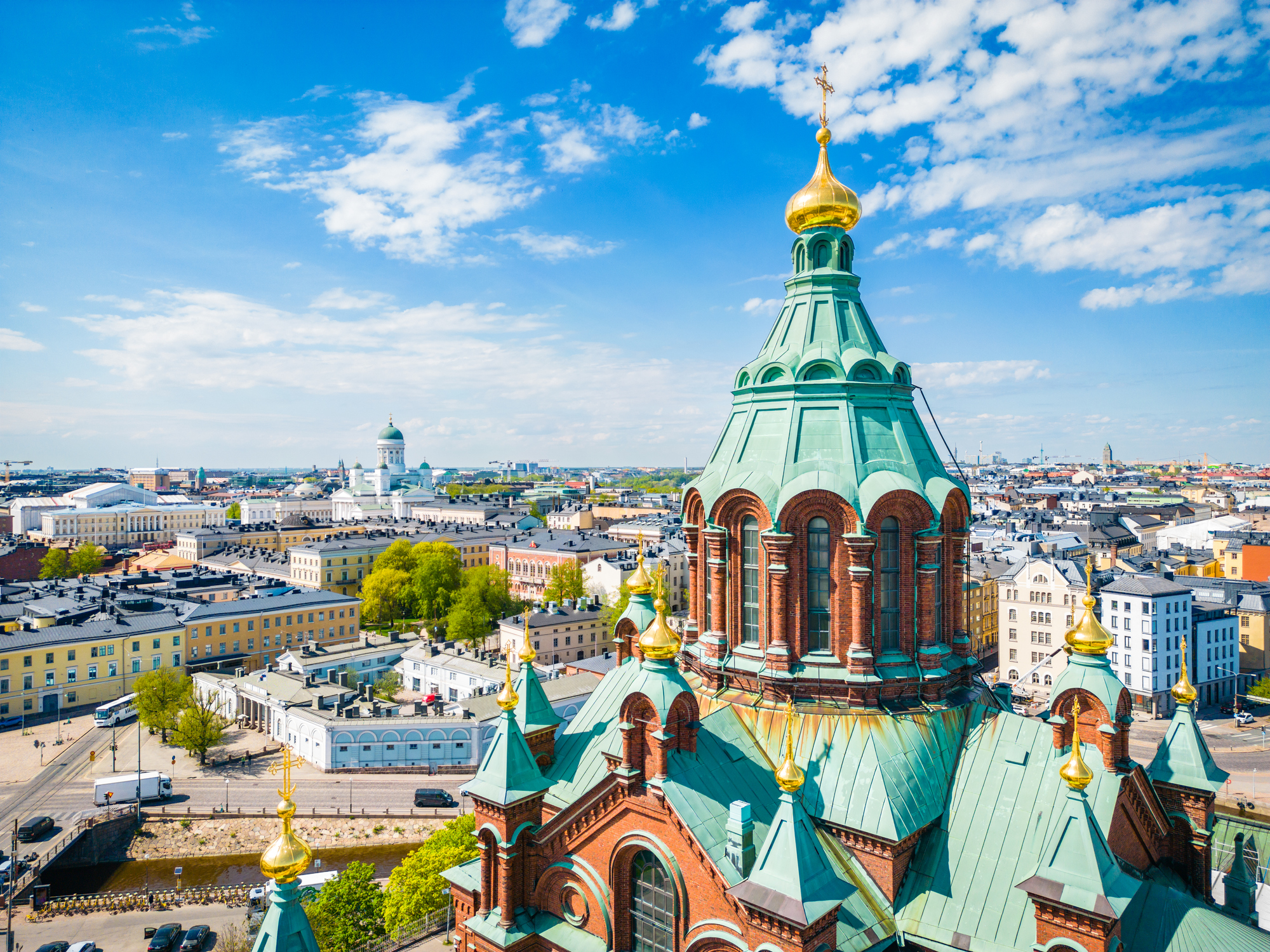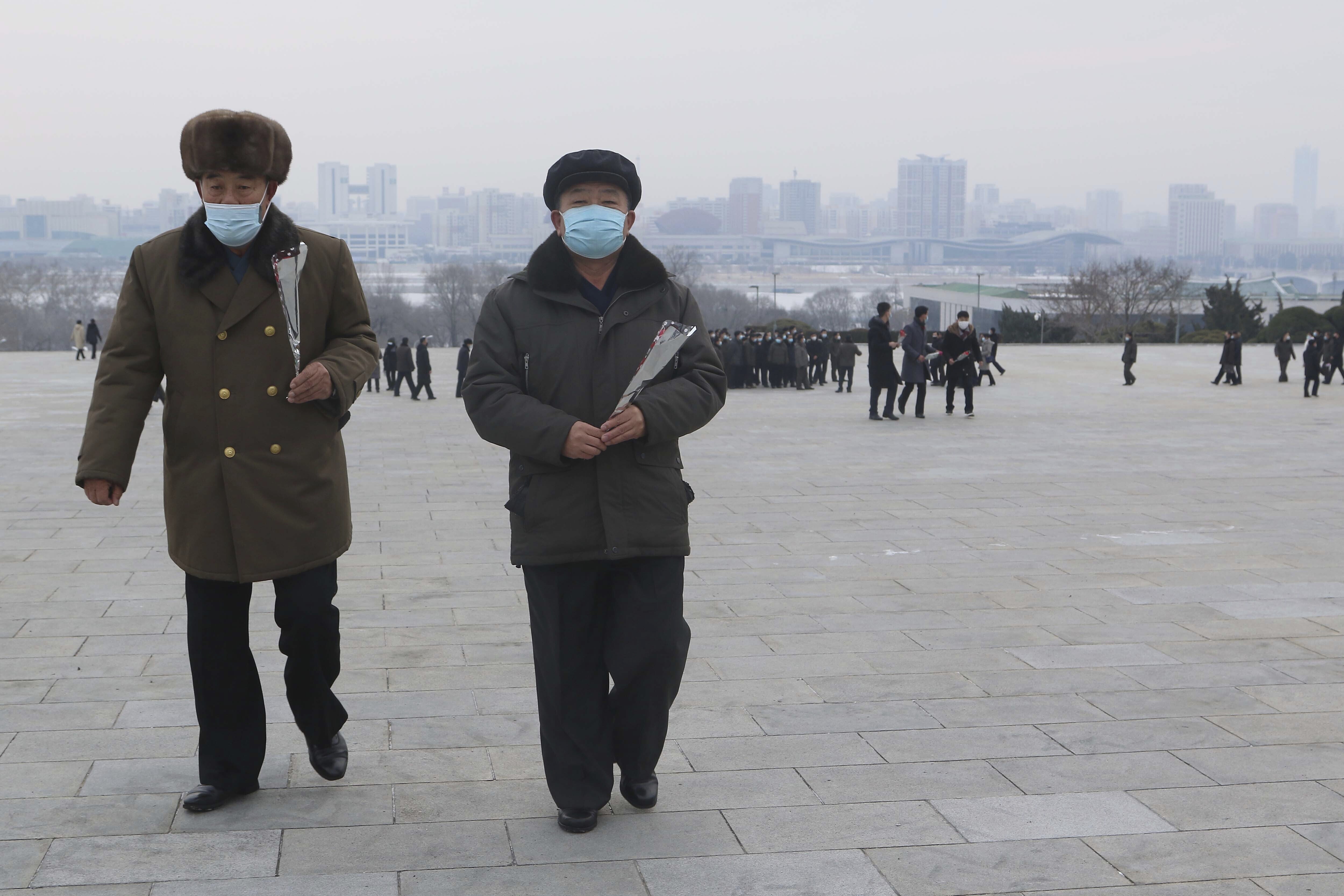Instant Opinion: is virtual parliament really providing proper scrutiny?
Your guide to the best columns and commentary on Thursday 7 May

A free daily email with the biggest news stories of the day – and the best features from TheWeek.com
You are now subscribed
Your newsletter sign-up was successful
The Week’s daily round-up highlights the five best opinion pieces from across the British and international media, with excerpts from each.
1. Jess Philllips, Labour MP for Birmingham Yardley, in The Independent
on the shortcomings of dialing in to the Commons
The Week
Escape your echo chamber. Get the facts behind the news, plus analysis from multiple perspectives.

Sign up for The Week's Free Newsletters
From our morning news briefing to a weekly Good News Newsletter, get the best of The Week delivered directly to your inbox.
From our morning news briefing to a weekly Good News Newsletter, get the best of The Week delivered directly to your inbox.
I’m worried about what a Zoom parliament really means for proper debate and scrutiny
“I understand all of the reasons why this digital parliament has to happen and I support them. The speaker and the parliamentary authorities have done all they can to give it a chance. However I cannot help the niggling feeling that the level of scrutiny currently afforded by these very time-limited sessions of questions and statements from ministers is accidentally convenient for the government... Let’s hope we can trust the government in this crisis not to use this opportunity to push things through without proper scrutiny – after all, they have never done anything like unlawfully closing parliament to suggest that they don’t want parliamentary scrutiny before. Oh…”
2. Sherelle Jacobs in The Daily Telegraph
on whether the government is truly ‘following the science’
A free daily email with the biggest news stories of the day – and the best features from TheWeek.com
Despite the Ferguson fiasco, No 10 is about to make its second major blunder
“Our Government is yet again pursuing a political strategy in the shadows. One that risks releasing the economy from the deep freeze, only to bludgeon it to smithereens. And one that makes a mockery of ‘the science’. Having petrified the public to the point where it is overwhelmingly against lifting lockdown, keen to avoid ethical arguments over lives versus livelihoods, and mindful of its failure to rapidly create the infrastructure that would allow the immune or the low-risk to return to normal life, No 10 is determined to lift lockdown as little and as slowly as possible. But by failing to open up schools quickly enough and by enforcing an arbitrary two metre rule (stricter than Germany, France and Spain) we risk pursuing the most commercially ruinous social distancing strategy in Europe.”
3. Afua Hirsch in The Guardian
on reimagining the country’s image post-coronavirus
After coronavirus, black and brown people must be at the heart of Britain’s story
“It’s beyond ironic that black and Asian people in Britain underpinned the creation of the institutions that so often define Britishness, not least the NHS. Yet that same postwar era also laid the foundations for the inadequate access to healthcare, housing and secure labour that must be part of the reason why minorities are so disproportionately affected by today’s coronavirus crisis. Britain has long needed a new social contract, a new consensual agreement between the government and the governed, that sets out updated values and expectations. Maybe now – as even a Conservative government is forced to be radically redistributive, with conditional bailouts offering the prospect of more fiscally and socially responsible business, and the NHS becoming an emotional part of Britain’s identity once more – we might get one. The difference between this moment and the social contract of 75 years ago, is that this time the service and sacrifice of ethnic minority people in Britain is impossible to ignore. It’s clear that racial injustice deserves a central place in our new settlement.”
–––––––––––––––––––––––––––––––For a round-up of the most important stories from around the world - and a concise, refreshing and balanced take on the week’s news agenda - try The Week magazine. Start your trial subscription today –––––––––––––––––––––––––––––––
4. Gerard Baker, Wall Street Journal editor-at-large, in The Times
on the judging of the Pulitzer prizes
A woke cultural elite is rewriting US history
“In the absence of traditional public examinations this time of year, as a result of you know what, here’s a little history quiz for you. What year marked the creation of the United States? Most of you will probably answer 1776, the year of the Declaration of Independence. Credit might also be given if you said 1788, the date of the ratification of the constitution. A smarty-pants inclined to take a more structuralist view of history could suggest 1756 and the outbreak of the Seven Years’ War, which depleted His Majesty’s Treasury and required tax increases that impelled the American colonists to rebellion. But you’d all be wrong. The correct date, apparently, is 1619... Until quite recently this was a provocative, if mildly eccentric, argument that might have had some merit in generating a proper appreciation for the indubitably dark role race has played through American history. But to the cultural elites nowadays it’s the received wisdom and it is at least part of the explanation as to why the country is in such political ferment.”
5. Nicholas Kristof in The New York Times
on the dangers of blind optimism
The Virus Is Winning
“When Michael T. Osterholm, a prominent epidemiologist, heard that the White House coronavirus task force was ‘ramping up’ its work this month, he was elated. Maybe now the United States would finally tackle the virus with the seriousness needed. Then he realized that he had misheard. The task force wasn’t ‘ramping up’ but ‘wrapping up’. ‘I was in shock,’ said Osterholm, a professor at the University of Minnesota. ‘We’re just in the second inning.’ The White House plan to disband the task force is in characteristic disarray, with President Trump reversing course on Wednesday and saying that the task force would continue but change its focus. The confusion perfectly reflects the incoherence of the American ‘strategy’ toward Covid-19. Vice President Mike Pence had earlier said that the disbanding of the task force was possible because of ‘the tremendous progress we’ve made’ against the virus. Hmm. It’s actually the virus that has made tremendous progress, eclipsing heart disease to become the No. 1 cause of death in the United States.”
-
 Antonia Romeo and Whitehall’s women problem
Antonia Romeo and Whitehall’s women problemThe Explainer Before her appointment as cabinet secretary, commentators said hostile briefings and vetting concerns were evidence of ‘sexist, misogynistic culture’ in No. 10
-
 Local elections 2026: where are they and who is expected to win?
Local elections 2026: where are they and who is expected to win?The Explainer Labour is braced for heavy losses and U-turn on postponing some council elections hasn’t helped the party’s prospects
-
 6 of the world’s most accessible destinations
6 of the world’s most accessible destinationsThe Week Recommends Experience all of Berlin, Singapore and Sydney
-
 ‘Irony’ as Zoom calls staff back to office
‘Irony’ as Zoom calls staff back to officefeature And other stories from the stranger side of life
-
 The U.S. veterinarian shortage crisis
The U.S. veterinarian shortage crisisSpeed Read With an anticipated shortage of 15,000 vets by 2030, it will be harder to get care for pets
-
 Company teaches mask-wearers to smile again
Company teaches mask-wearers to smile againfeature And other stories from the stranger side of life
-
 Global happiness has been 'remarkably resilient' over the past three years
Global happiness has been 'remarkably resilient' over the past three yearsfeature
-
 Ministers considered killing all cats during pandemic
Ministers considered killing all cats during pandemicfeature And other stories from the stranger side of life
-
 North Korea imposes 5-day lockdown on capital to fight 'respiratory illness'
North Korea imposes 5-day lockdown on capital to fight 'respiratory illness'Speed Read
-
 China to begin re-issuing passports in another reversal of COVID lockdowns
China to begin re-issuing passports in another reversal of COVID lockdownsSpeed Read
-
 The Week Unwrapped: Tracking apps, BTS and stay-at-home girlfriends
The Week Unwrapped: Tracking apps, BTS and stay-at-home girlfriendspodcast Does China’s U-turn mark the end of Covid-tracking apps? Has South Korean pop passed its peak? And are we really seeing the rise of the stay-at-home girlfriend?